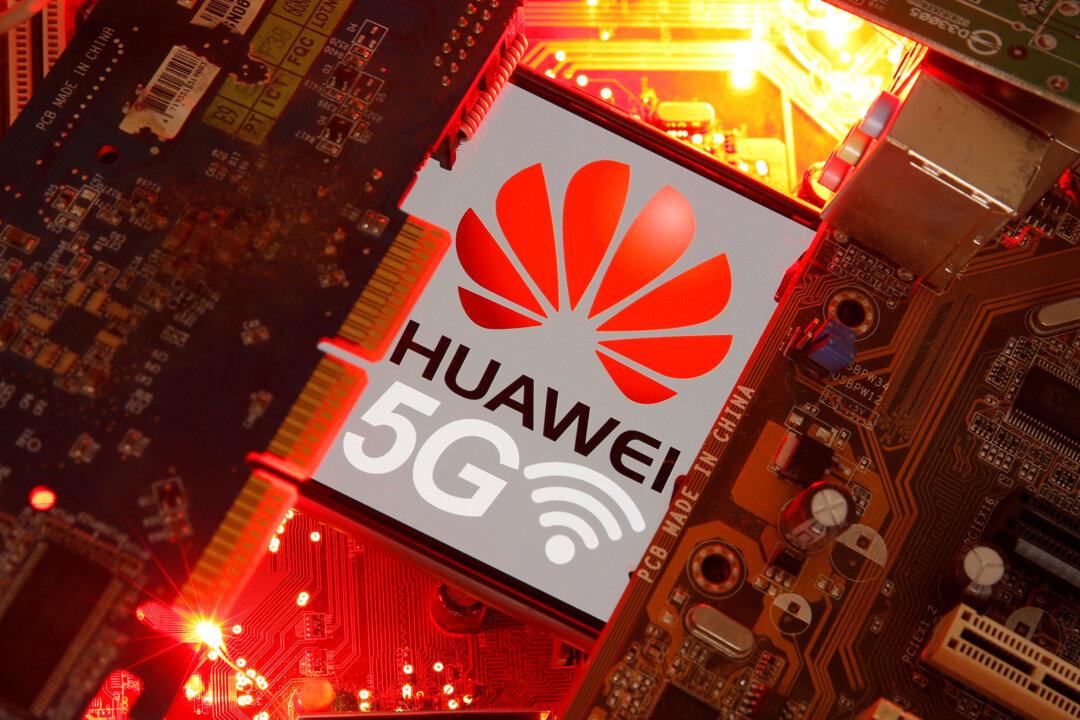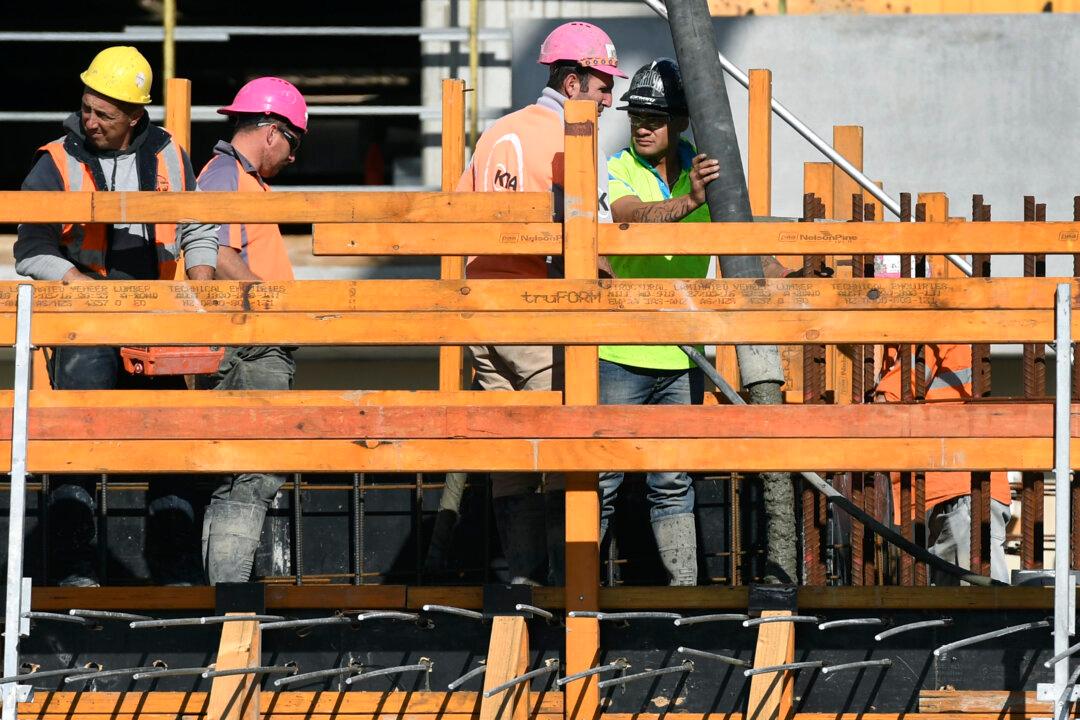Australia is more strategically dependent on China than its Five Eyes partner nations across key economic sectors, according to a new report by London-based think tank The Henry Jackson Society.
The report titled “Breaking the China Supply Chain” finds that the Five Eyes nations are dependent on China in 831 categories of strategically important goods.





